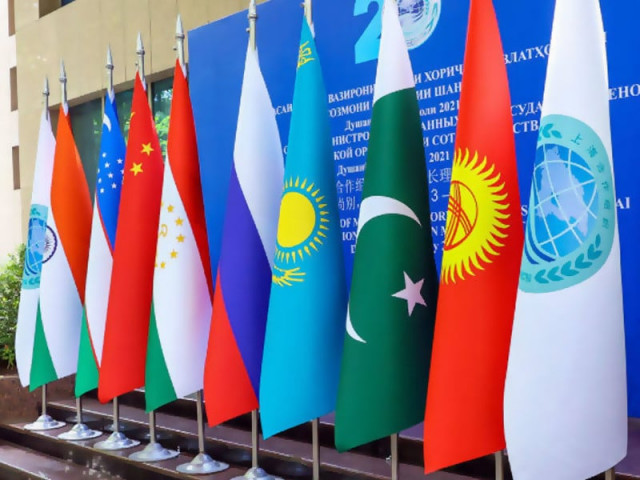Multilateral ties urged to spur growth
Study highlights importance of connectivity in regional prosperity

Multilateral collaboration through regional organisations provides a vital and stable framework for enhancing regional cooperation and connectivity. These organisations, such as the Shanghai Cooperation Organisation (SCO), provide the foundation for effective partnerships, playing a crucial role in fostering peace, security and stable economic growth.
Coinciding with the 23rd Council of Heads of Government meeting of the SCO in Islamabad, the Institute of Policy Studies published a study titled "Bridging Horizons: Unraveling the Enigma of Connectivity between Pakistan and Central Asia".
Authored by Dr Faisal Javaid, Dr Uzma Siraj and Polish scholar Professor Dr Arkadiusz Zukowski, the research study offers an analysis of historical, geopolitical and economic dimensions that connect Pakistan and other SCO member states, particularly the Central Asian nations.
As Pakistan and other regional countries deepen their relationship, the authors emphasised the strategic importance of connectivity in achieving regional prosperity, echoing the legacy of the ancient Silk Road and modern infrastructure projects like the Belt and Road Initiative (BRI).
Since joining the SCO in 2017, Pakistan has actively contributed to regional initiatives for promoting security, stability and economic development.
SCO's mission provides a crucial platform for collaboration, essential for fostering regional connectivity and economic growth. Through its various initiatives, the organisation aims to enhance infrastructure, energy cooperation and financial integration across member states.
The study highlights the alignment of SCO goals with key projects such as the China-Pakistan Economic Corridor (CPEC), which positions Pakistan as a vital transit hub linking Central Asia to South Asia and the Middle East.
While numerous opportunities exist for economic collaboration, including energy projects like Turkmenistan-Afghanistan-Pakistan-India (TAPI) gas pipeline and CASA-1000 electricity supply projects, there are critical challenges as well. Infrastructure deficits, vast distances, difficult terrains and geopolitical tensions often hinder regional cooperation.
The authors argued that the SCO should adopt an integrated approach to overcome those barriers by engaging external partners, international organisations and the private sector to boost expertise and resources.
They made actionable recommendations for enhancing connectivity between Pakistan and regional countries, in alignment with SCO's long-term goals.
Key suggestions include leveraging Pakistan's strategic location as a transit state, optimising the functionality of Gwadar Port, breaking down trade barriers and promoting free trade agreements.


















COMMENTS
Comments are moderated and generally will be posted if they are on-topic and not abusive.
For more information, please see our Comments FAQ